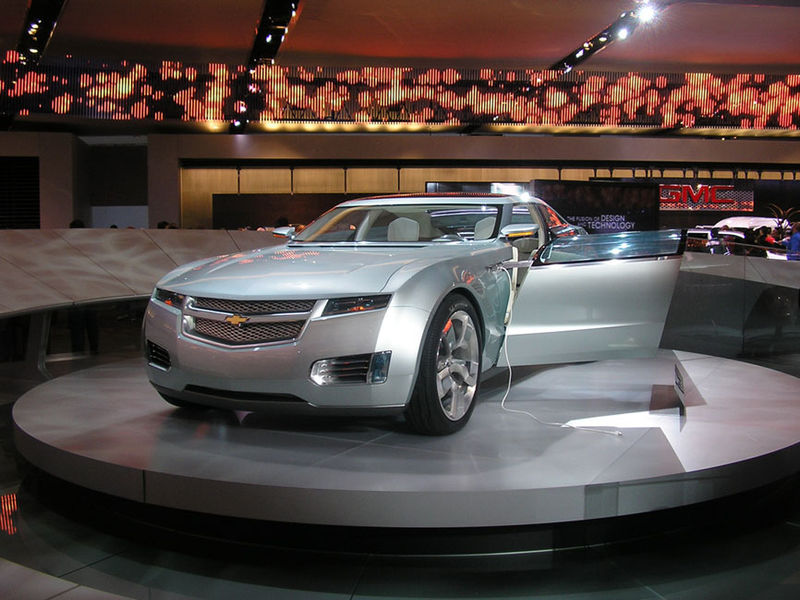Predicting the Electric Vehicle Adoption Curve
[youtube http://www.youtube.com/watch?v=9Q7prldEBpo&w=425&h=349]
Here’s the presentation — including the audio track — that I made to the Electric Vehicle Summit at the Biltmore Hotel in downtown Los Angeles last week.
In essence, my point is that, though I’m bullish on the EV adoption curve, and I’m excited that for once, the good guys have a chance to win big, there are several open questions. In particular, there are so many variables here that have the potential to turn the world upside down, that it seems a bit foolish to me to think that predictions that go out 40 years have any real meaning.
Having said that, EVs are vitally necessary to the well being of all of us. Sustainability (generally) can only come from national security, which requires energy security, which in turn requires weaning ourselves off of oil. And there are other imperatives as well:
Health: We spend $250 billion a year dealing with the lung damage caused by the inhalation of the aromatics of fossil fuels.
Peak oil. We’re running out of oil.
Long-term environmental damage: Global climate change and ocean acidification.
Yet I grant that EV naysayers have some good points:
Drivers demand absolute freedom, and will not deal well with range anxiety.
Consumers are risk-averse; no one wants to invest $30,000 in the automotive equivalent of the Betamax.
Most (though not all) consumers refuse to pay extra for a benefit that accrues to everyone (eco-friendliness).
Even if this weren’t the case, there is widespread confusion and apathy about the true ecological benefits. I’m astonished by the effectiveness of the PR team that has convinced a significant number of Americans that global climate change does not represent an important problem. Morally, they’re certainly not very upright people, but I have to respect their effectiveness.
So, how to promote EVs in the US? I would consider appealing to a sense of patriotism, as there is nothing one can do that is better for the strength of our country as a whole than ceasing our reliance on oil. Simultaneously, this would:
Reduce the power, and thus the threat, of terrorism,
Remove a great deal of the motivation for war, and
Stop the outflow of US cash to the tune of $1 billion per day.
In any case, I hope you’ll enjoy the presentation.



![[The Vector] Renewable Energy - Keeping up with GE](/wp-content/uploads/2011/06/green-energy.jpg) General Electric (GE) is speeding ahead on a number of renewable energy fronts. This includes continuing to build its wind turbine division, a new smart meter project, planning to build the largest solar plant in the U.S., keeping its successful Eco-Imagination project going and increasing
General Electric (GE) is speeding ahead on a number of renewable energy fronts. This includes continuing to build its wind turbine division, a new smart meter project, planning to build the largest solar plant in the U.S., keeping its successful Eco-Imagination project going and increasing 


![[The Vector] Big and Small, Green Efforts Count: SC Johnson Introduces a Revolutionary Cleaning Concentrate](http://2greenenergy.com/wp-content/uploads/2011/07/Windex-pouch.bmp) In a
In a 